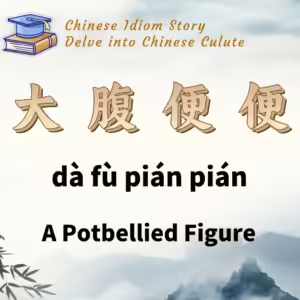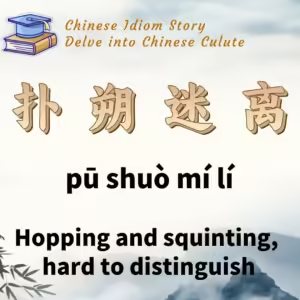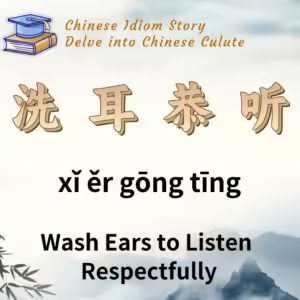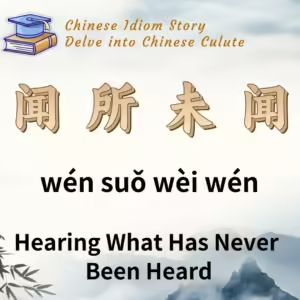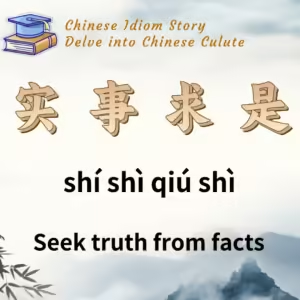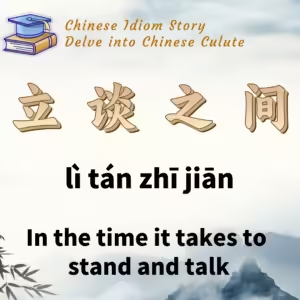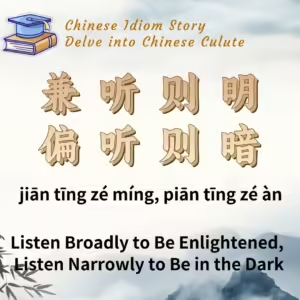
Chinese Idiom: 兼听则明,偏听则暗 (Jian Ting Ze Ming, Pian Ting Ze An)
English Translation: Listen Broadly to Be Enlightened, Listen Narrowly to Be in the Dark
pīn yīn: jiān tīng zé míng, piān tīng zé àn
Idiom Meaning: This idiom emphasizes the importance of listening to a variety of opinions and perspectives when observing or handling issues. By doing so, one can distinguish right from wrong; otherwise, if one only hears one side, it leads to biased judgments and misunderstanding the truth of the matter.
Historical Source: This idiom is derived from New History of the Tang Dynasty (《新唐书·魏征传》).
Idiom Story:
During the reign of Emperor Taizong (Li Shimin) of the Tang Dynasty, there was an important minister named Wei Zheng, known for his candid advice and counsel. One day in the second year of the Zhenguan era (628 AD), Emperor Taizong asked Wei Zheng how he could be a wise emperor and avoid becoming foolish.
Wei Zheng thought for a moment and replied: “兼听则明,偏信则暗.” He explained that being open to various viewpoints leads to wisdom, while only believing in one perspective leads to confusion.
He referenced historical figures such as Yao and Shun, who were known for seeking out the opinions of their subjects and thus were well-informed about any disturbances among the people. In contrast, he cited examples of rulers like Qin Er Shi, who was misled by Zhao Gao, leading to his downfall; Liang Wu Di, who trusted Zhu Yi, resulting in the humiliation of his court; and Sui Yang Di, who believed in Yu Shiji, leading to the rebellion at Pengcheng.
Wei Zheng concluded that a wise ruler should actively listen and incorporate diverse opinions, which prevents ministers from deceiving him and ensures that he remains informed about the realities of his reign.
Emperor Taizong, after hearing this, nodded in agreement, acknowledging the truth of Wei Zheng’s counsel.
This idiom serves as a reminder of the value of open-mindedness and comprehensive listening in leadership and decision-making.

